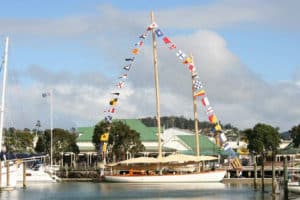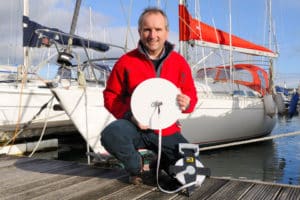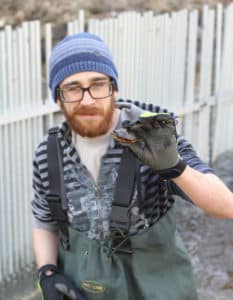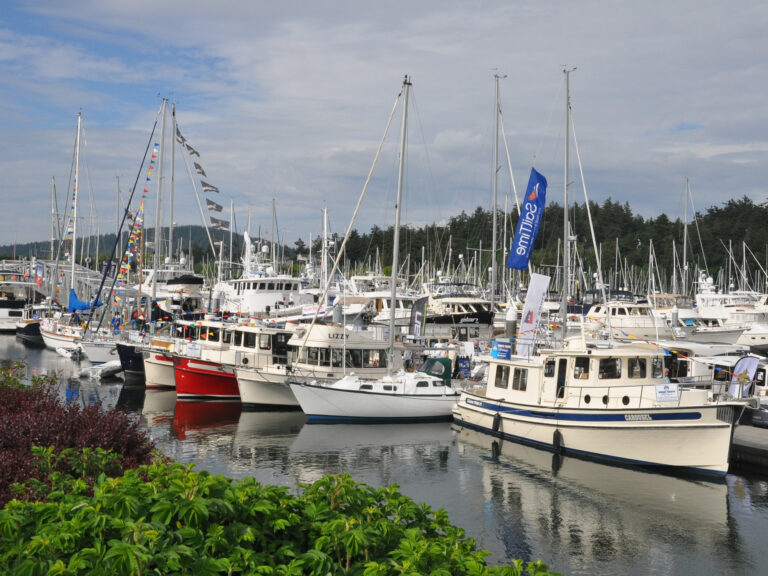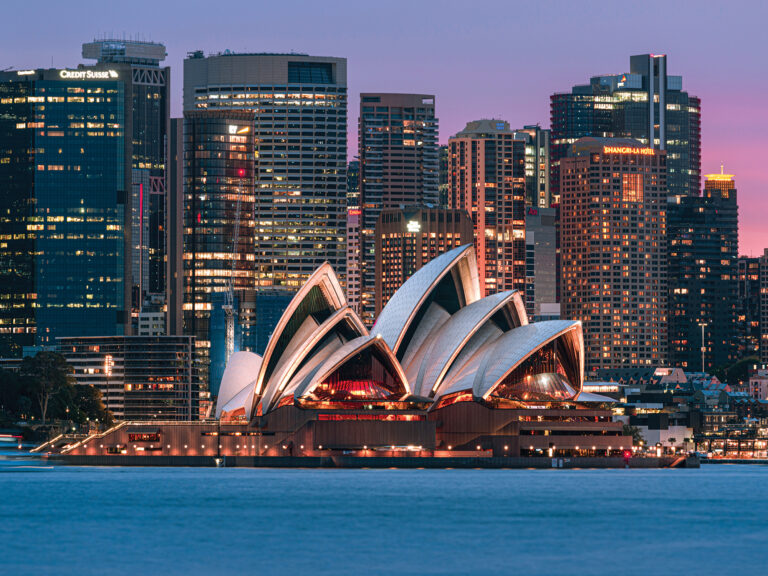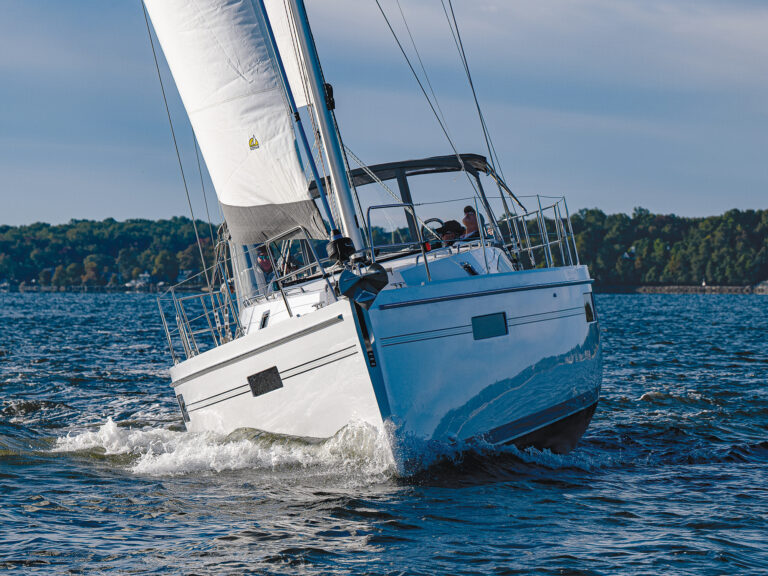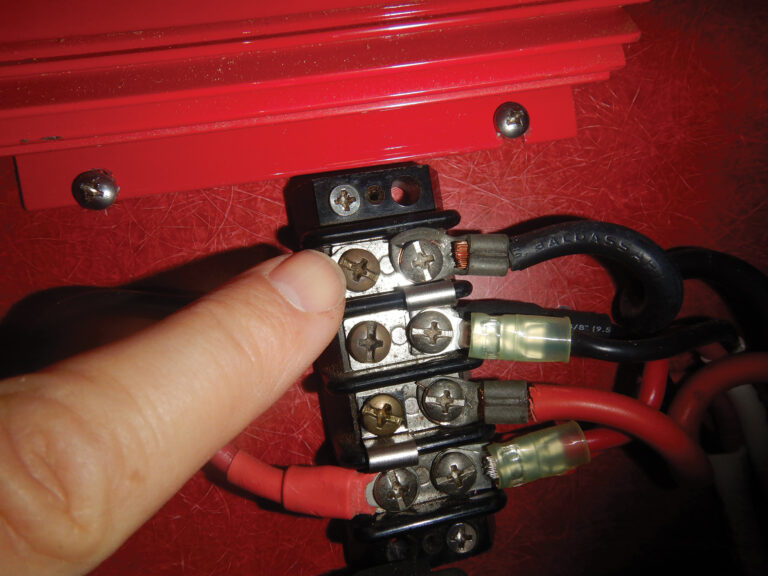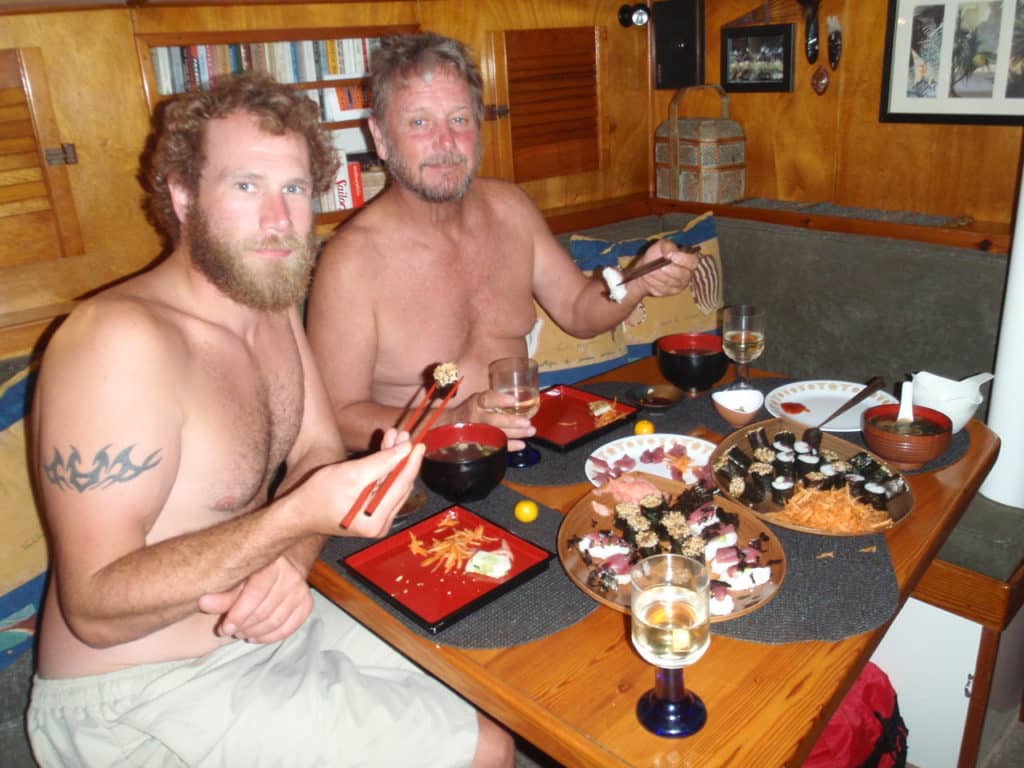
rab island
Lautoka, on the west side of Viti Levu, has developed into the yachting center of Fiji because it’s the most convenient port of entry for arriving vessels and the logical point of departure for yachts heading west to Vanuatu, New Caledonia, and on to Australia. For those heading south to New Zealand to avoid the cyclone season, it’s the westernmost point of departure from Fiji. In a normal weather year, making as much westerly as possible before heading south to the North Cape of New Zealand is an accepted tactic, for one is almost certain to be hit with a southwesterly buster coming off the Tasman Sea, and will thank God or their lucky stars, whichever they believe in, for every mile they do not have to beat into churned up seas while trying to fetch the east coast of New Zealand’s North Island.
Being close to the Nadi International Airport also makes this a convenient location for crew joining or departing a vessel, and Lautoka Customs and Immigration officers are well versed in the complicated paperwork involved. I’m not, but thirty years ago I met a brave and beautiful girl from New Zealand who was and I displayed uncharacteristically good sense in dragging her onboard and keeping her securely there ever since.
In all those years and miles Diana and has left me alone on the boat only once. That was in the Arctic wilderness and under extreme distress. I spent five months alone in the frozen darkness, and among many other things, I learned that I like having her around. But an e-mail from a neighbor in New Zealand regarding our little country home we were headed to rocked our boat.
It read, “I know that you have a rental agent supposedly looking after your property, and I don’t want to interfere…but is anyone doing anything about that giant tree limb that has been sticking out of your roof for the last month?”
You don’t tug on Superman’s cape. You don’t spit into the wind. You don’t pull the mask off the Ol’ Lone Ranger, and you don’t mess around with Chez Diana. Because my nephew, Stephen, was taking to the boat and the ways of the sea so well, Diana reluctantly decided that “the boys” could handle the last leg home without her. As she stormed off to the airline office to arrange a flight to New Zealand, I had more concern for the welfare of the hapless rental agent than our impaled roof. Arrangements made, she too soon became a speck on the southern horizon.
Stephen is big. The Roger Henry is small. Yet suddenly the boat felt empty. Diana’s contribution to onboard life, or better said – now her lack thereof—became immediately obvious; there was a notable decline in the standards of cuisine, cleanliness and language. Malted beverage took a more prominent position on the food pyramid.
But as to handling the boat I felt confident that Stephen and I would do a good job. The 1,100 nautical mile passage to New Zealand is a notoriously rough one and has too often wrecked havoc with cruising sailors. The most famous modern weather event was the Queen’s Birthday Storm which caught the large cruising fleet off guard with what meteorologists now call “a bomb”. That’s fast forming, fast moving, totally unpredicted low-pressure cell that generates winds in excess of hurricane force and monstrous heartstopping seas. In that storm alone three lives were lost and nine vessels sunk or were abandoned.
Although I have always felt that the likelihood of encountering such a storm is acceptably low and the reputation of these waters exaggerated it was still prudent to hope for the best but plan for the worst. Stephen and I spent a week battening down the hatches so to speak, laying out the storm equipment, checking the standing and running rigging, and discussing the emergency equipment and procedures.
To illustrate just how inexperienced I was at this crew change thing, upon check-out, Latoka Customs informed me that I was missing one essential document regarding Stephen’s entry into Fiji, stating that, as captain of the vessel, I officially accepted financial, legal, and medical responsibility for him wile in Fijian waters. The officer advised me with ill-disguised glee that we could not depart Fiji without that in my stack of exit papers. I tried to point out that Stephen had already been in Fiji for two months and that the purpose of my visit was to immediately depart Fijian waters, which therefore made that a moot point. Nevertheless I was sent off scurrying to a well hidden and soon to close Immigration Office in Latoka to acknowledge retroactive responsibility for my charge. The short of it was that a many hour delay, coupled with the regulation that one must depart Fiji within one our of obtaining clearance left us facing a nighttime departure through the narrow reef pass.
Perhaps if Diana had been onboard better sense would have prevailed and we would have snuck behind a lonely island until the safe light of dawn. But I gave into the urge to lessen the miles between us and set a course straight for the pass. For as helpful as modern navigational equipment can be, too much of it can cause analysis paralysis. The GPS, radar and C-Map argued our position to within a hundred yards of each other. But in a pass this narrow the margin of error between you and the hull crushing breakers is far less. In the end, I navigated the danger in the old fashion way, I stood on the bow and let my ears, eyes, and nose lead the way. Once clear of the danger, I shook Stephen’s hand, wished him fair winds and following seas for his very first ocean passage, and headed The Roger Henry out onto the open ocean. The winds proved to be anything but fair and the seas far from following. Nevertheless, The Roger Henry charged off towards the south like a horse turned towards home.

